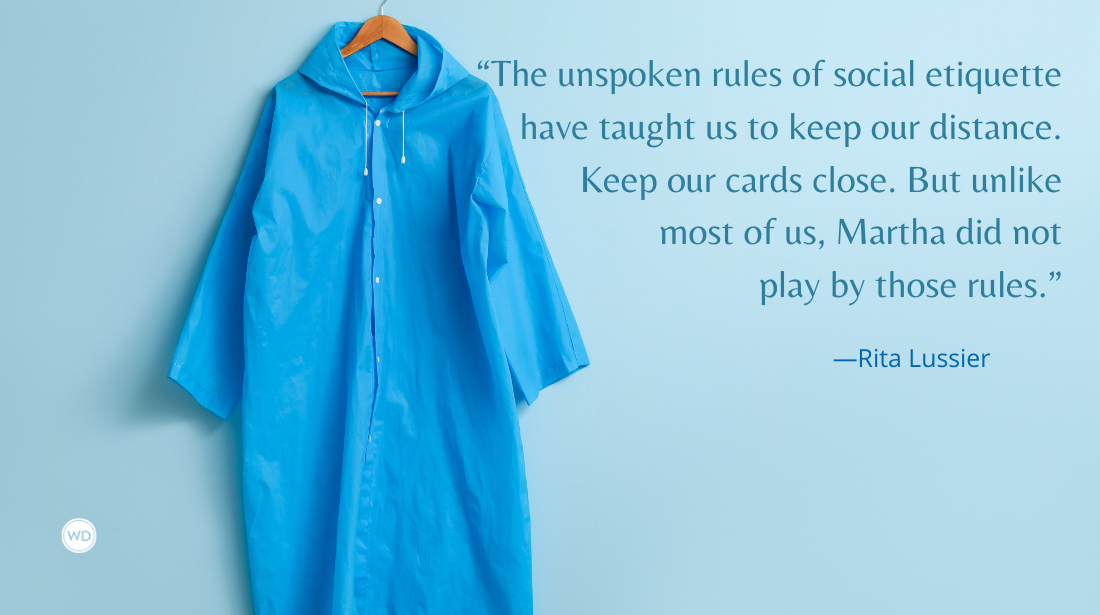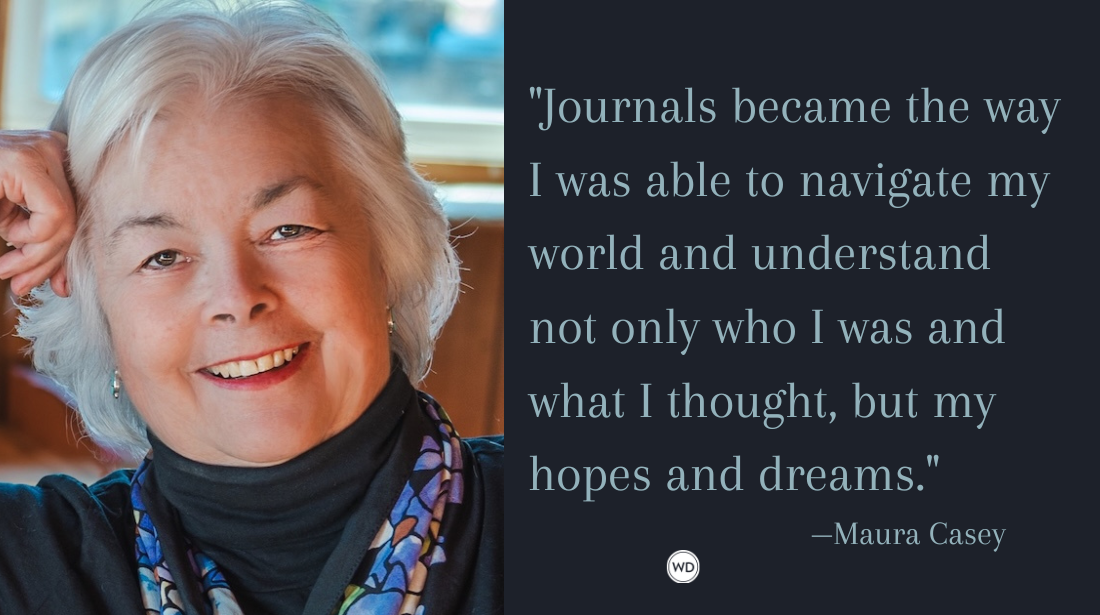7 Things I’ve Learned So Far, by Rachel Friedman
Outside of personal experience, the best way to learn is to get advice from people who’ve been there and done that. Discover the seven things learned so far by author Rachel Friedman.
This is a recurring column called “7 Things I’ve Learned So Far,”where writers (this installment written by Rachel Friedman, author of THE GOOD GIRL'S GUIDE TO GETTING LOST) at any stage of their career can talk about writing advice and instruction as well as how they possibly got their book agent -- by sharing seven things they’ve learned along their writing journey that they wish they knew at the beginning.
1. You simply can’t write all day long. At least, I can’t. When I gave up my job as an editor to finish my first book, I was absolutely thrilled. Now I’m a real writer, I thought. I’ll put words on paper all day long, day after day. Now that I’ve finally got the time, I said to myself, writing will be easy. Wrong. The first issue with having endless hours to write is that it’s very easy to put off the actual writing. A leisurely cup of morning tea? Don’t mind if I do. An early morning walk in the park? Yes sir. Mid-morning Internet searches of strange diseases on the Internet I think I might have? Well, now we’re getting a bit personal. But you get the idea. I found that without any structure to my day, I just drifted along, not getting very much writing done at all. Teaching a couple literature courses at a local college was the best thing I could do for my writing life. It gave me a reason to get out of the apartment, a little bit of steady income, and an environment to interact with others in what was otherwise a pretty isolated day. Over time, I’ve discovered I only have 3 or 4 truly productive writing hours in me, usually first thing in the morning. After that, I turn to editing or research or teaching preparation.
2. Sign a contract with yourself. Most people report to a boss. Writers, especially before we have book contracts or magazine article deadlines, report to ourselves. We might be a mean boss to ourselves (though I don’t recommend this) or a cheerleader-type boss (you can do it!) or a somewhat negligent boss who prefers to sneak out early for a round of golf rather than deal with his employees. No matter what type of boss you are, it’s difficult to self-discipline. A friend once recommended typing up an actual contract with a deadline (for short assignments or novels and anything in between) and signing it—twice: boss you and writer you. This might sound rather schizophrenic, but I can tell you that it works great.
3. Work on a mix of long and short projects. If you’re writing a book, it’s a long haul. It could be years before you’re finished. Focusing on the same lengthy work day in and day out with little sense of the closure or accomplishment can be daunting and depressing. Mixing in shorter assignments (freelance essays or short stories or blog posts) helps keep me motivated. Everyone needs daily pats on the back.
Order Rachel Friedman's The Good Girl's Guide to Getting Lost: A Memoir of Three Continents, Two Friends, and One Unexpected Adventure.
4. Joining a writers’ group is good for your writing and your soul. It’s true: one is indeed the loneliest number. And we writers are engaged in work that forces us to be alone for many hours of the day. When I finished my MFA, eight of us graduates started a writing group. We meet once a month and workshop each other’s pieces. My fellow writers provide invaluable feedback and belonging to a collective also enforces a valuable writing deadline. Not to mention the bonding over success and rejections. If there happens to be an abundance of rejections that month, we meet on a Friday and add some much-needed bottles of wine to the gathering.
5. Get out of the house. Take walks. Meet friends for coffee. Hit a yoga class. Do not sit inside staring at your blank screen all day. This is how one begins hearing voices in her head. Trust me. I’ve been there.
6. Get a good accountant. One of the perks of being an honest-to-goodness writer is the tax write-offs. These come in many shapes and sizes that are, if you are anything like me, far outside the typical English major’s ken. Spend a few hundred bucks and let a professional do your taxes. You’ll save yourself some cash in the long run and some valuable writing time.
7. Get dressed. It sounds rather romantic to sit around in one’s pajamas all day producing brilliant sentences, but woman cannot live by pjs alone. I get dressed like I’m going to the office for the day. A very, very casual office, mind you, the kind where you can wear Hawaiian shirts any day of the week—but an office nonetheless. This helps motivate me and also ensures that my husband comes home to a decent-looking human being with her hair brushed, a relationship bonus.
Rachel Friedman is the author of The Good Girl’s Guide to Getting Lost: A Memoir of Three Continents, Two Friends,and One Unexpected Adventure (Bantam; 2011). A graduate of the University of Pennsylvania and the creative nonfiction program at Rutgers-Newark, she teaches literature at John Jay College of Criminal Justice. See her website here.








